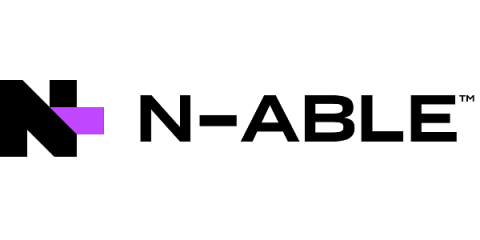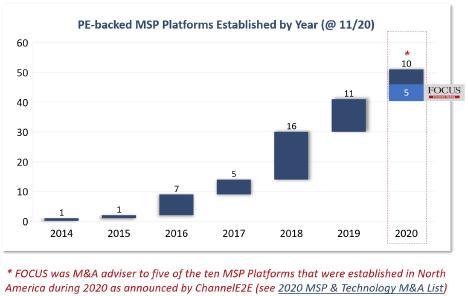5 automation tools you should use or look into
One of the questions I regularly get asked is what common automation tools do I use or what do I advise people to use for various use cases? I thought I’d put this information into a blog for easy reference for our partners and others. Note: None of the recommendations below are commercial endorsements, but they are suggestions based on what I’ve used personally in the past. You are welcome to use whatever you want since most of the things below have other options, free or paid.









